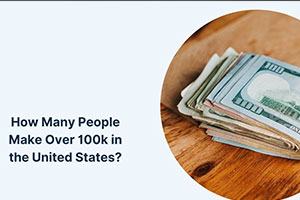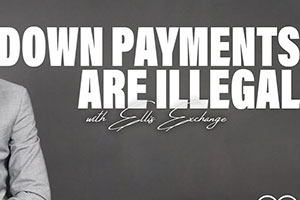Why is Insider Trading illegal?
Personal Finance | by
Insider trading refers to the buying or selling of a security by someone who has access to material, nonpublic information about the security. In the United States, insider trading is illegal because it breaches the duty of trust and confidence and undermines market integrity, potentially causing harm to investors and the functioning of financial markets.
Definition of Insider Trading
The U.S. Securities and Exchange Commission (SEC) defines illegal insider trading as the buying or selling a security, in breach of a fiduciary duty or other relationship of trust and confidence, while in possession of material, nonpublic information about the security. Insider trading violations may also include “tipping” such information, securities trading by the person “tipped,” and securities trading by those who misappropriate such information.
Legal Framework
The legal prohibition against insider trading is primarily enforced under the Securities Exchange Act of 1934, specifically:
- Section 10(b): This is the primary anti-fraud provision, which gives the SEC the authority to pursue insider trading cases.
- Rule 10b-5: This rule prohibits any act or omission resulting in fraud or deceit in connection with the purchase or sale of any security.
Why Insider Trading is Illegal:
- Unfair Advantage: Insider trading gives insiders an unfair advantage over other investors who do not have access to material, nonpublic information, thereby eroding investor confidence in the fairness and integrity of the securities markets.
- Market Integrity: Illegal insider trading damages the trust that investors have in the fairness of the markets, which is essential for their efficient operation.
- Harm to Investors: When insiders trade on nonpublic information, they can make profits or avoid losses at the expense of other investors who are not privy to the same information.
- Corporate Confidentiality: Insider trading can compromise corporate confidentiality, which can harm the competitive position of the business and its shareholders.
Cases and Enforcement
The SEC is the main regulatory body responsible for investigating and enforcing actions against insider trading. High-profile legal cases, such as those involving Martha Stewart, Raj Rajaratnam, and others, have brought attention to the issue and demonstrated the SEC’s commitment to cracking down on such illicit activities.
Penalties for Insider Trading
Individuals convicted of insider trading can face severe consequences, including:
- Fines: These can be substantial, up to three times the profit gained or loss avoided from the illegal trades.
- Restitution: Courts may order the payment of restitution to harmed investors.
- Prison Time: Insider trading is a felony punishable by prison time, with sentences that can be significant for egregious cases.
Insider trading is illegal in the United States because it violates the principles of fair play and equality that are fundamental to the operation of the securities markets. The prohibition of insider trading is designed to maintain investor confidence and ensure the markets operate transparently and efficiently, which is critical for the economy.
References
- U.S. Securities and Exchange Commission (SEC) – Insider Trading: https://www.sec.gov/insider-trading
- Securities Exchange Act of 1934 – Section 10(b): https://www.law.cornell.edu/uscode/text/15/78j
- Code of Federal Regulations – Rule 10b-5: https://www.ecfr.gov/current/title-17/chapter-II/part-240/section-240.10b-


